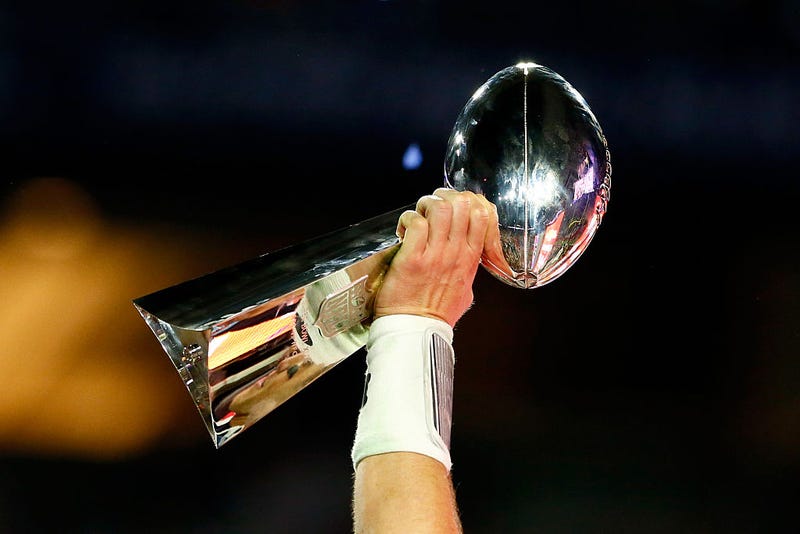
The United States loves its football. The United States hates Mondays. But should these two largely-held, emotionally-charged opinions come together once and for all?
Should the federal government make the Monday following Super Bowl Sunday a day of rest and recovery? Should it be a national holiday?
The pomp and spectacle that accompanies the NFL’s annual championship game has risen to a nearly all-day affair, with network television coverage starting several hours before the actual game broadcast. And the game itself is also a longer affair than normal, featuring extended showers of pregame patriotism and a star-studded, elongated halftime show.
That means for both those in attendance and those simply enjoying their own festivities at house parties and sports bars, Super Bowl Sunday is a long day of revelry and merrymaking. And the day after?
“There has been research done to conclude that it is one of the most ‘unproductive’ days on the calendar,” Georgetown University’s Martin Conway told USA Today. Conway is an adjunct professor of sports industry management.
As for the numbers that back up Conway’s statement, over 8 million people planned to take off work the day following the Super Bowl last year, according to a Harris Poll. But factoring in those who might take an unplanned day off work (likely calling in sick), that number doubles to over 16 million.
And those numbers don’t reflect those who simply trudge through the workday, muddling through and surviving until quitting time.
However, so far the numbers don’t support any major push for a government-sanctioned day off work… yet.
A USA Today survey in 2020 found that more than 40% of sports fans would be willing to sacrifice an already-existing federal holiday in favor of gaining a day off the Monday following the Super Bowl.
And yet, there is a high bar to clear for any day to be made a federal holiday.
Currently, 11 days are considered “federal holidays,” already one more than when President Joe Biden took office. He signed Juneteenth into law as the 11th federal paid day off last year, giving it the same reverence as other national days of patriotic remembrance like Presidents Day, Memorial Day, Independence Day, Labor Day, Columbus Day, Veterans Day, Thanksgiving and Martin Luther King Jr. Day.
But obviously, Super Bowl Monday wouldn’t be about solemn remembrance of past heroes. It would fall more in line with a day of celebratory recovery like New Year’s Day, whose own day-of festivities are often overshadowed by those from the night before, but while there’s some tangential precedent, it would certainly face a stiff challenge to pass into law.
“The paid day off holidays tend to be very contentious, and it is extremely hard to get one through,” Columbia Business School professor Rita McGrath told USA Today, even if the hospitality and leisure industries might advocate for it.
McGrath said that while those who partake in the party would “obviously love to have a paid day off to recover from the celebrations, those who have to foot the bill are likely to be a lot less enthusiastic.”

